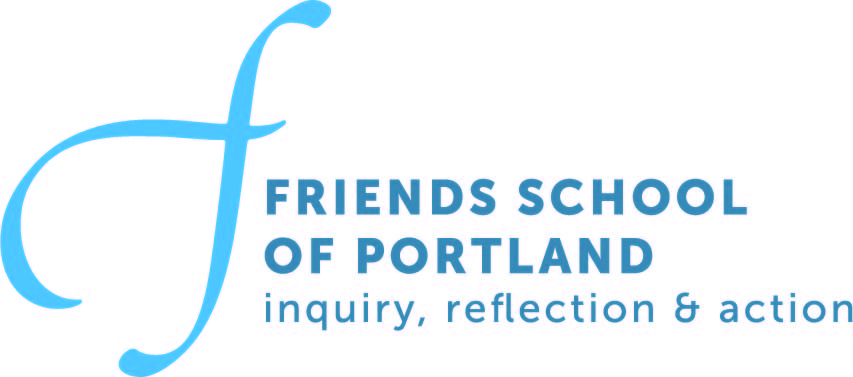School Wide Professional Development Goals: Critical Friends Groups and Vertical Alignment
Pictured above: Second grade student practicing their reading skills with preschool friends.
Each year, our faculty decide on a shared area of professional development and growth to guide our professional work together. This year, we are focusing our energies on launching Critical Friends Groups and working on Vertical Alignment.
Vertical Integration
In 2015, when our enrollment was just under 100 students, Friends School of Portland began planning an expansion of our school, adding one section every other year, beginning with first and second grade in 2016. This year marks the culmination of that plan; with the addition of a second seventh-eighth grade section, we now have a total enrollment of 140.
During this period of growth, we focused on expanding grade-level teams and revising curriculum and pedagogy within those grade double-spans. At the end of last year, the faculty decided to spend this year revisiting what’s called Vertical Alignment, focusing on students’ programmatic experience as they transition “up” through the grades. Currently, subcommittees of teachers are working on questions of alignment in the areas of writing, math, social studies, science, and the specials classes. After winter break, the full faculty will come together to recommend the next steps in each of those areas.
Critical Friends Group
Our NEASC self-study clarified our commitment to collaborative problem-solving, adult peer-to-peer learning, and direct communication. As an extension of these values, we have initiated Critical Friends Groups for all faculty and staff. In the language of National School Reform Faculty, the founders of Critical Friends Groups, these are professional learning communities that consist of 5 - 12 members who commit to improving their practice through collaboration and structured interactions, called “protocols.” CFGs at Friends School meet once per month during our Friday afternoon faculty meeting time.
Sara Primo, Head of School, and Allie Miller, 5-6 Humanities teacher, have been trained through National School Reform Faculty, and this summer they co-trained eight faculty members to serve as protocol facilitators. Though our experience this year is still in its early stages, our school has identified that the purposes of this initiative are to: make faculty’s work more public and collaborative, prevent burnout, get unstuck on professional dilemmas, foster equity, and improve student learning. So far this has already shifted our school culture in positive ways.

